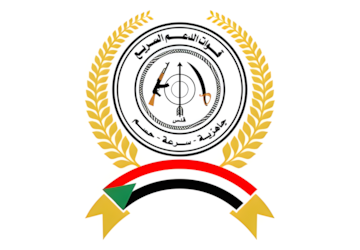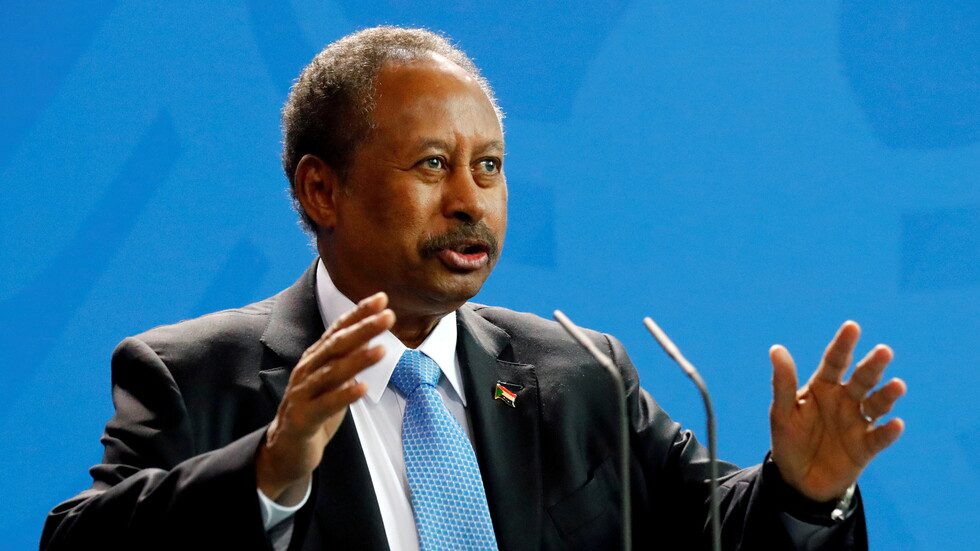
The humanitarian crisis in Sudan has become a direct threat to U.S. regional and security interests and requires stronger American leadership, Heather Nauert, former State Department spokeswoman and under secretary for public diplomacy, said in an opinion piece on Tuesday.
Writing in the Washington Examiner, Nauert said Washington should review foreign aid programmes to ensure they serve U.S. national interests and argued that humanitarian assistance is a strategic tool for protecting U.S. security, not mere charity.
Nauert warned that more than two years of conflict between General al-Burhan’s army (SAF) and the Rapid Support Forces have left the country in its worst humanitarian state in modern times, with deaths she said exceed 150,000 and more than 12 million people displaced. She said 25 million Sudanese face acute food insecurity and that famine engulfs ten areas.
She cautioned that sustained violence and hunger could trigger fresh displacement, empower extremist groups and pose a direct threat to U.S. allies in the region. Nauert praised Washington’s engagement with both sides of the war and coordination with regional partners — citing Saudi Arabia, Egypt and the United Arab Emirates — as part of efforts to secure a resolution and improve humanitarian access.
Highlighting international aid agencies, she said funding UN bodies such as the UN Refugee Agency (UNHCR) and the World Food Programme (WFP) is an investment in U.S. security and in stability across the Red Sea and the Horn of Africa. She added that an “America First” stance should mean targeted investment in crisis zones to prevent threats from spreading, pointing to the strategic value of the U.S. military presence at Camp Lemonnier in Djibouti for counter-terrorism and maritime security.




